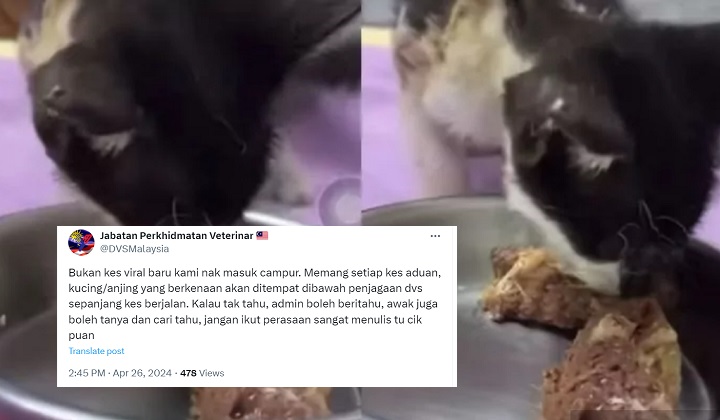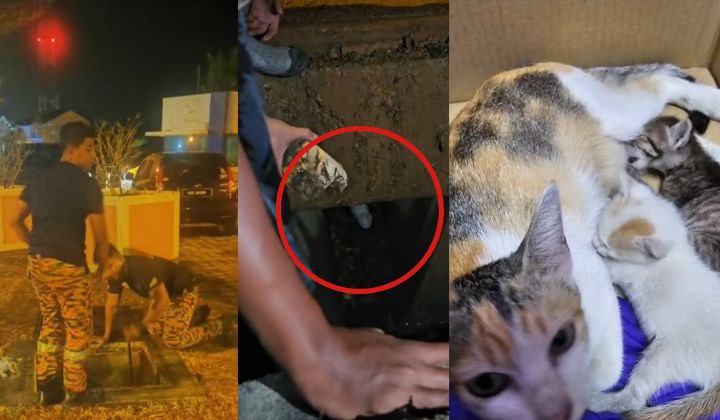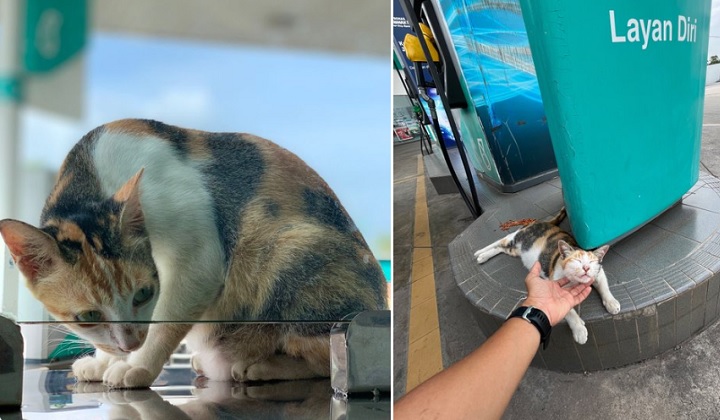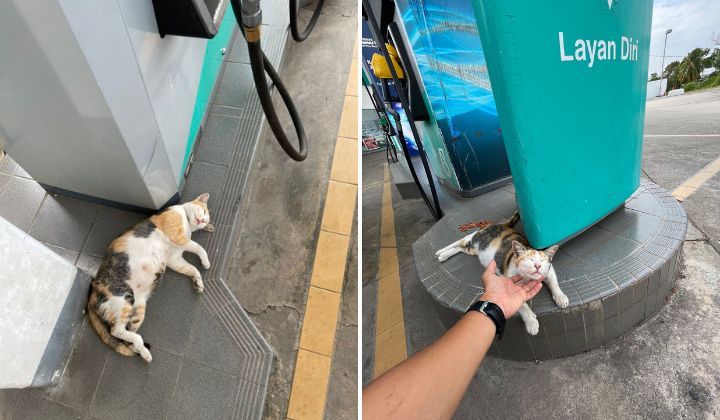Cat Suspected Of Parvovirus Infection? 5 Essential Care Steps To Follow
If you suspect that your cat may have contracted FPV, it’s crucial to promptly take them to a veterinary clinic and isolate them from other cats.
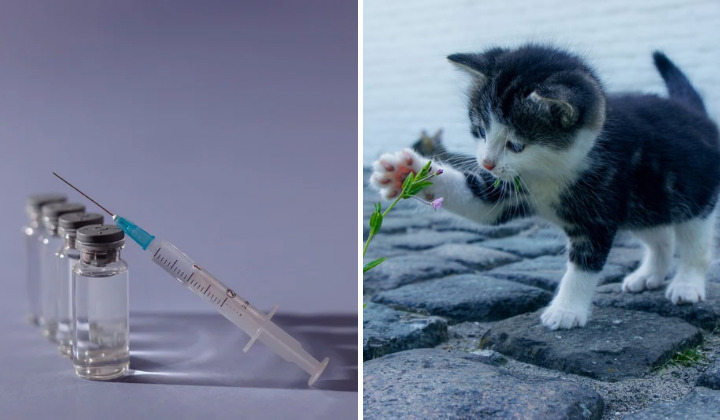
Subscribe to our FREE Newsletter, or Telegram and WhatsApp channels for the latest stories and updates.
For cat enthusiasts, Feline Parvovirus (FPV) is a cause for concern due to its potential fatality among feline companions.
Its highly contagious nature poses a risk, particularly in multi-cat households.
This virus is exceptionally hazardous and can affect cats of all ages, especially those that haven’t received vaccinations.
A user on Twitter (@sya1qahh) shared her experience in caring for her cat infected with this perilous virus.
She highlighted that kittens with FPV have a mere 10% survival rate, and it’s 50% for adult cats.
Some common symptoms exhibited by FPV-infected cats include:
- Vomiting of water or frothy substances
- Diarrhoea
- Loss of appetite and reluctance to drink
- Lethargy and weakness
- Drooling with an unpleasant odour
- High fever
- Preference for damp locations, like bathrooms
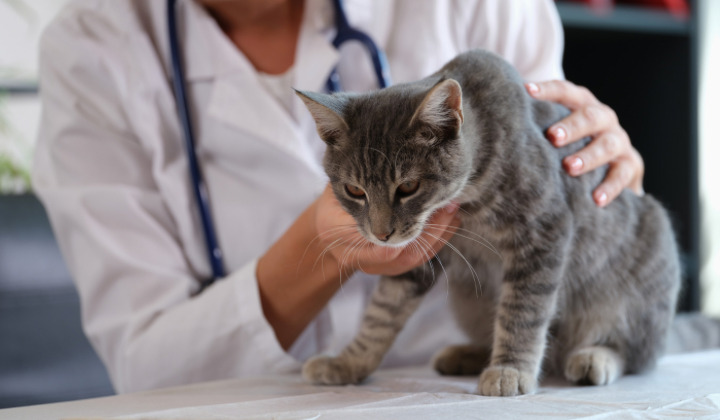
According to Cats Protection UK, there is no known cure for FPV. However, all the symptoms can be managed, and the cat can recover with proper care.
Here Are 5 Essential Steps to Follow:
1. Visit the Veterinarian
The initial step is to immediately consult a veterinary clinic or veterinarian once you detect FPV symptoms in your cat.
Upon arriving at the clinic, the veterinarian will conduct an FPV test using a diagnostic kit.
Syiqahh mentioned that when her cat tested positive for FPV, the veterinarian promptly administered injections, antibiotics, and other medications to address the symptoms.
It’s understandably disheartening when the veterinarian advises not to set high expectations for the cat’s recovery.
2. Ensure Adequate Feeding
Cats infected with FPV frequently experience a reduced appetite or refuse to eat altogether. It is, therefore, essential to ensure they receive adequate nutrition through force-feeding.
In cases where a cat resists eating, you may have to feed them with a syringe. Medications can also be administered through this method.
Although it may appear challenging to force-feed a cat, it is a necessary step to help them regain their strength.
Furthermore, you can experiment with various food options, such as a mixture of wet food and ground, boiled chicken, to stimulate their appetite.
3. Sanitise the Cat’s Environment with Clorox
Parvo virus is highly resilient and can endure for an extended period in various settings. According to the American Veterinary Medical Association, FPV can remain viable for up to a year under specific conditions.
It cannot be eradicated merely by washing with soap. Instead, a disinfectant like Clorox is necessary. Regularly clean the cat’s living area, including food and water bowls, with a disinfectant.
Syiqahh suggests a standard 1:22 mixture of Clorox and water for cleaning. She employs a spray bottle to simplify the cleaning process.
IMPORTANT: Ensure that any remnants of the disinfectant are thoroughly washed away, as it can be highly toxic if ingested by the cat.
4. Isolate the Infected Cat
A crucial and immediate action to be taken upon symptom detection is the isolation of the infected cat from other cats.
This step is necessary because the Parvovirus is highly contagious and can rapidly spread to other cats.
Ensure the separation not only of play areas and sleeping locations but also food and litter boxes. Remember that the virus spreads through faeces and close contact.
Therefore, a proper quarantine is essential as the virus persists within the cat’s body.
According to WebMD, infected cats can shed the virus through their faeces for up to six weeks.
5. Provide Emotional Support to the Cat
Though it may seem trivial, it’s important to provide emotional support to a sick cat. Just like humans, cats benefit from words of encouragement to feel more resilient and motivated to regain their health.
Syiqahh also reminds us that some cats may carry FPV without showing symptoms. In such instances, sudden death can occur as the virus multiplies based on the cat’s immune response.
Parvovirus is More Active During the Rainy Season

It’s worth noting that FPV is more active during the rainy season. This is because rainwater forms pockets that serve as breeding grounds for the virus.
Furthermore, stagnant rainwater can mix with animal faeces, facilitating the virus’s spread.
Share your thoughts with us via TRP’s Facebook, Twitter, Instagram, or Threads.

